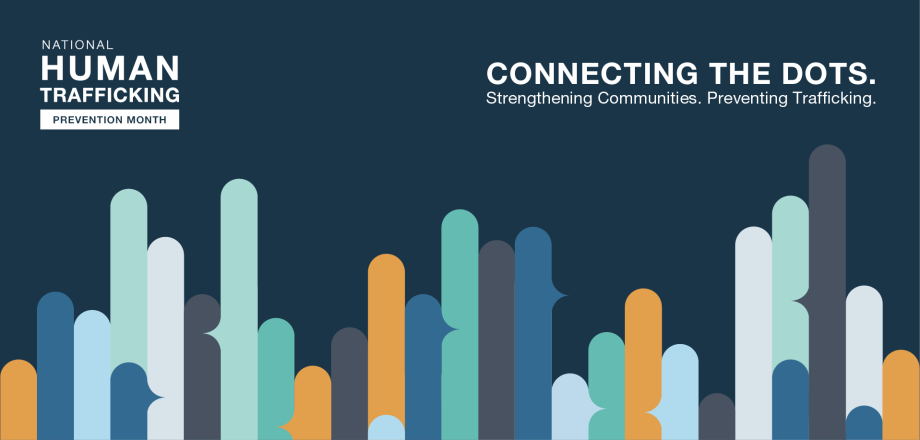Over the 11+ years REST has been walking alongside victims and survivors of sex trafficking and the sex trade, we’ve heard countless stories and reasons why survivors don’t feel welcome in churches—even when they are devout Christians.
Sex trafficking is a grave human rights violation that disproportionately impacts women and girls worldwide. As we celebrate Women’s History Month, it’s essential to reflect on how the fight for gender equality has strengthened efforts to combat trafficking and exploitation. From legal reforms like the Swedish Model to ongoing challenges in policy, enforcement, and survivor support, this blog explores the intersections of women’s rights and anti-trafficking efforts—and how we can all play a role in driving change. Read now to learn how you can take action!

Black entrepreneurs have long been at the heart of economic progress, resilience, and innovation, yet the fight for economic justice and opportunity remains ongoing. This Black History Month, REST is honoring the 2025 theme, “African Americans and Labor,” by spotlighting Black-owned businesses and their vital contributions to our communities. Economic empowerment is key to breaking cycles of exploitation, including sex trafficking, and investing in Black businesses helps create sustainable opportunities and stronger communities. Throughout February, explore our curated list of Black-owned businesses, discover new ways to support Black entrepreneurship, and join us in building a more just and equitable future.

What if your resolution this year could help change lives? Start 2025 with purpose by joining the mission to end sex trafficking and create freedom, safety, and hope in our communities. Human trafficking impacts vulnerable populations right here in Seattle, including youth, those experiencing homelessness, and communities of color. This January, during National Slavery and Human Trafficking Prevention Month, REST is hosting events, workshops, and advocacy campaigns to inspire action. Together, we can build a future where freedom and dignity are accessible to all.

From childhood trauma to years of exploitation, Queen’s life has been marked by unthinkable challenges. Yet, through sheer resilience and the right support, she found the courage to begin rebuilding her life in ways she never thought possible. Discover Queen’s inspiring journey—one of survival, strength, and a relentless pursuit of hope.

This Domestic Violence Awareness Month, we’re shedding light on the link between domestic violence and sex trafficking. Both involve manipulation, isolation, and control, leaving survivors vulnerable. At REST, we offer support through our crisis hotline, emergency shelter, and other services. Learn how you can recognize the signs, take action, and support survivors.



